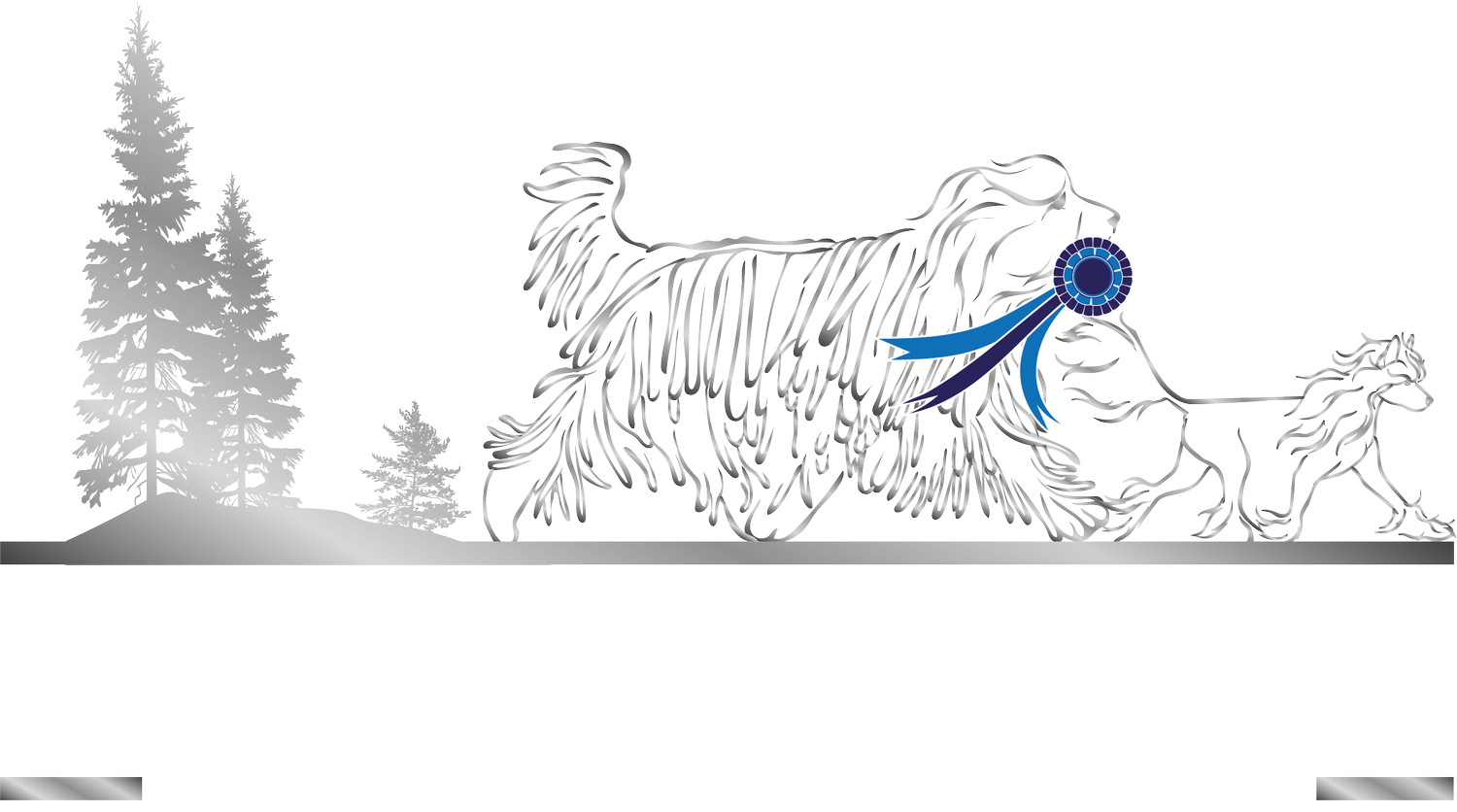Puppies need patience
I was cleaning up my grooming room today and Nova jumped on the the grooming table waiting for me to “do something” with her. A few months ago I needed to have treats in my hand to get her to stay on the table to work on her coat. At 10 months old, Nova is still very much a puppy. None of this happened overnight. Sometimes it’s hard to remember that our puppies are just like 2 year olds. They have short attention spans, they can throw tantrums and they don’t always understand what is expected and asked of them. This morning we went to agility class and although she was great and we did have a good lesson with lots of focus, she did run off to visit people and ran off to do a few obstacles on her own that I didn’t ask for. She is still a baby.
Nova’s training began when she was a few days old, I started ENS ( early neurological stimulation). ENS is very subtle stress applied to each puppy for a few seconds a day to help them learn to adapt to changing external stimuli such as warm and cold surfaces, inverted positions in my palm etc. The training progressed as they grew to learning cues for when to sit and wait for something, like a food bowl to be put down or to receive attention. All of these practices came from the Puppy Culture program that we follow for our litters. When the rest of the littermates left, Nova’s training continued. For just a few minutes a day, we worked on recalls or putting paws in a box. We used a clicker. Nova went in her crate while we were not home to keep her safe and to instill a feeling of security within her crate. We will use crates throughout her life for various things, like waiting her turn in agility, at dog shows and in the car.
So how did we get here? 10 months old and begging for me to work her coat on the table. Well, patience. Tiny bits and pieces that have built upon each other since she was born. The key is understanding your puppy’s mental limitations and honoring them. It is possible to turn a puppy off by over asking, over pressuring and creating a negative experience with that task. We would never ask a two year old to do the same block puzzle 25 times in a row, so why would be expect our puppies to be able to do that?
Puppies take time. Some puppies take a very long time, months, even years. Some are very quick to learn and retain and willing to perform. There is no one book, program, video that will work perfectly for every single puppy. It is important to remember to modify your training to your particular puppy. This means taking the time to learn your puppy and it’s limitations. It is important to always end on a positive and fun note when training.
Today Nova showed me that the little baby steps we took all along with the grooming table and working the coat were just enough to provide an engaged and willing response. Now she is the one asking me to join her in what we practiced for so long. I am always glad when I don’t give up on my puppies. My puppies teach me that my patience is always worth it.
Nova 8 weeks
Nova 10 months


